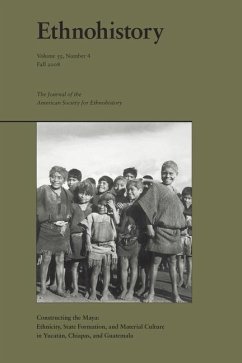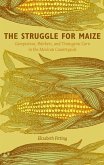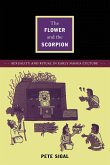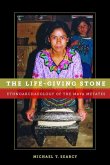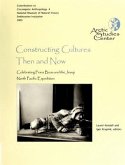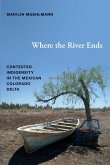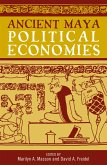This special issue of Ethnohistory is a significant contribution to the history and anthropology of the Maya in both Mexico and Guatemala. Utilizing a comparative analytic framework, these essays explore the ethnic dimensions--indigeneity, indigenismo, mestizaje, racial subjugation--of state formation as well as state practice in indigenous regions. The contributors emphasize how the material aspects of state formation--roads and infrastructure; model villages; restored ruins; portrait photography; highland marketplaces; modern improvements; traditional cultural performances, artifacts, and dress--become theaters for the construction and reconstruction of ethnic and political entities and relationships. Taken as a whole, the collection challenges a tendency toward the segmentation of the discussion of the Maya into distinct disciplines (anthropology and history), national historiographies (Mexican and Guatemalan), and, within Mexico, distinct regional historiographies (Yucatán and Chiapas). Contributors: David Carey Jr., Paul K. Eiss, Ben Fallaw, Stephen E. Lewis, Walter E. Little, John M. Watanabe
Hinweis: Dieser Artikel kann nur an eine deutsche Lieferadresse ausgeliefert werden.
Hinweis: Dieser Artikel kann nur an eine deutsche Lieferadresse ausgeliefert werden.

